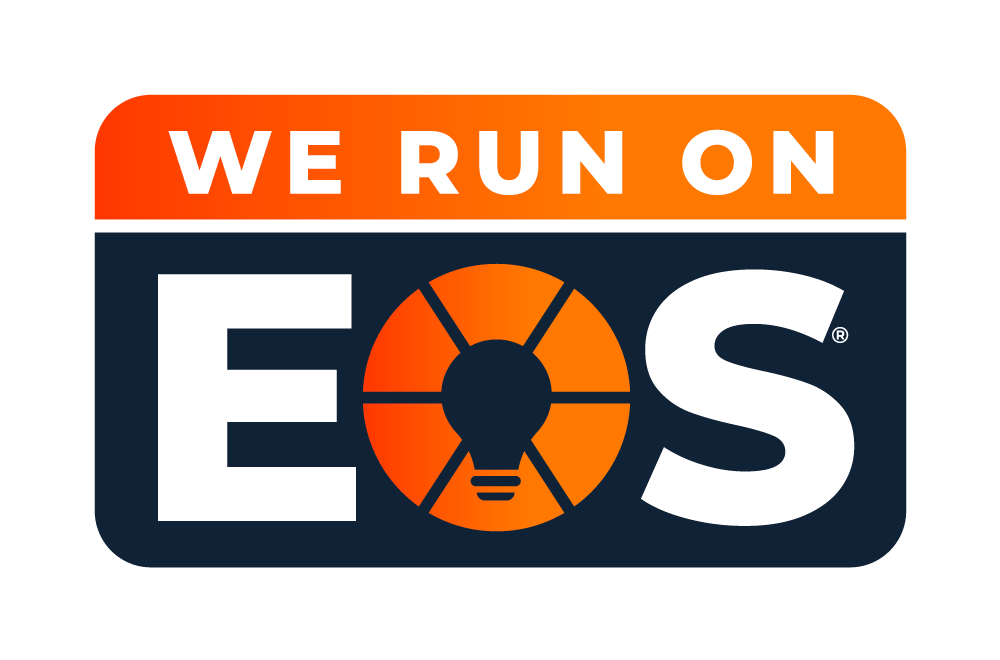Escrow Account Basics

What is an Escrow account and how does it work?
If you have purchased a property (or are in the process of doing so) then you have most likely heard the word “escrow.” While some people may be very familiar with this, others just aren’t quite sure what it means. As the realtors or closing attorneys talk about money being “in escrow”, we may be too intimidated to stop and ask what that actually means. Advisors Insurance Agency is here to explain escrow account basics.
What is an escrow account? Let’s start with the definition of escrow. According to the Merriam-Webster Dictionary, escrow is:
1: a deed, a bond, money, or a piece of property held in trust by a third party to be turned over to the grantee only upon fulfillment of a condition
2: a fund or deposit designed to serve as an escrow
What exactly does that mean to you?
Your escrow account holds money used to pay your property taxes and home owners insurance premiums when they are due in full. You may be able to include other insurance premiums, such as flood insurance or PMI (Property Mortgage Insurance), if they are required for your loan. Your insurance premium and tax bill are split into 12 payments and added to your monthly mortgage payment
Each month as you pay your mortgage, part of that money is paying the principal and interest on your mortgage and part is going into your escrow account. Your bank will make the payments for your taxes and insurance premiums when they are due.
Your mortgage payments may change from year to year because this is an estimation of future expenses. The bank will perform yearly reviews of the account to avoid a deficit or surplus of money. In the event of a shortage, your monthly mortgage payment may increase to cover the shortage or you may pay the difference all at once. In the event of a surplus, you may receive a check.
When you have an escrow account, you do not need to worry about whether or not you have the available funds to pay your home owners insurance and taxes since you have been putting money aside for that all year! Not all home loans require escrow, but more often than not lenders will include this with your mortgage.
Still have questions?
Continue to ask questions until you have a good understanding of how your escrow account works. Buying a home is a big step and you want to make sure you understand all that is going on.
Remember, the Advisors
at Advisors Insurance Agency
are available to answer your questions as well. We are just a phone call or email away!
CONNECT WITH
ADVISORS INSURANCE TODAY!
Get in Touch
864-509-0009
INSURANCE SERVICES:
HOW TO:
CONNECT WITH US:
Newsletter
Thank you for subscribing to the Advisors Insurance Agency Newsletter!
Oops, there was an error sending your message.
Please try again later.
Please try again later.
Monday-Friday | 9am-5pm
6 Parkway Commons Way,
Greer, SC 29650
© 2024 All Rights Reserved | Advisors Insurance Agency







